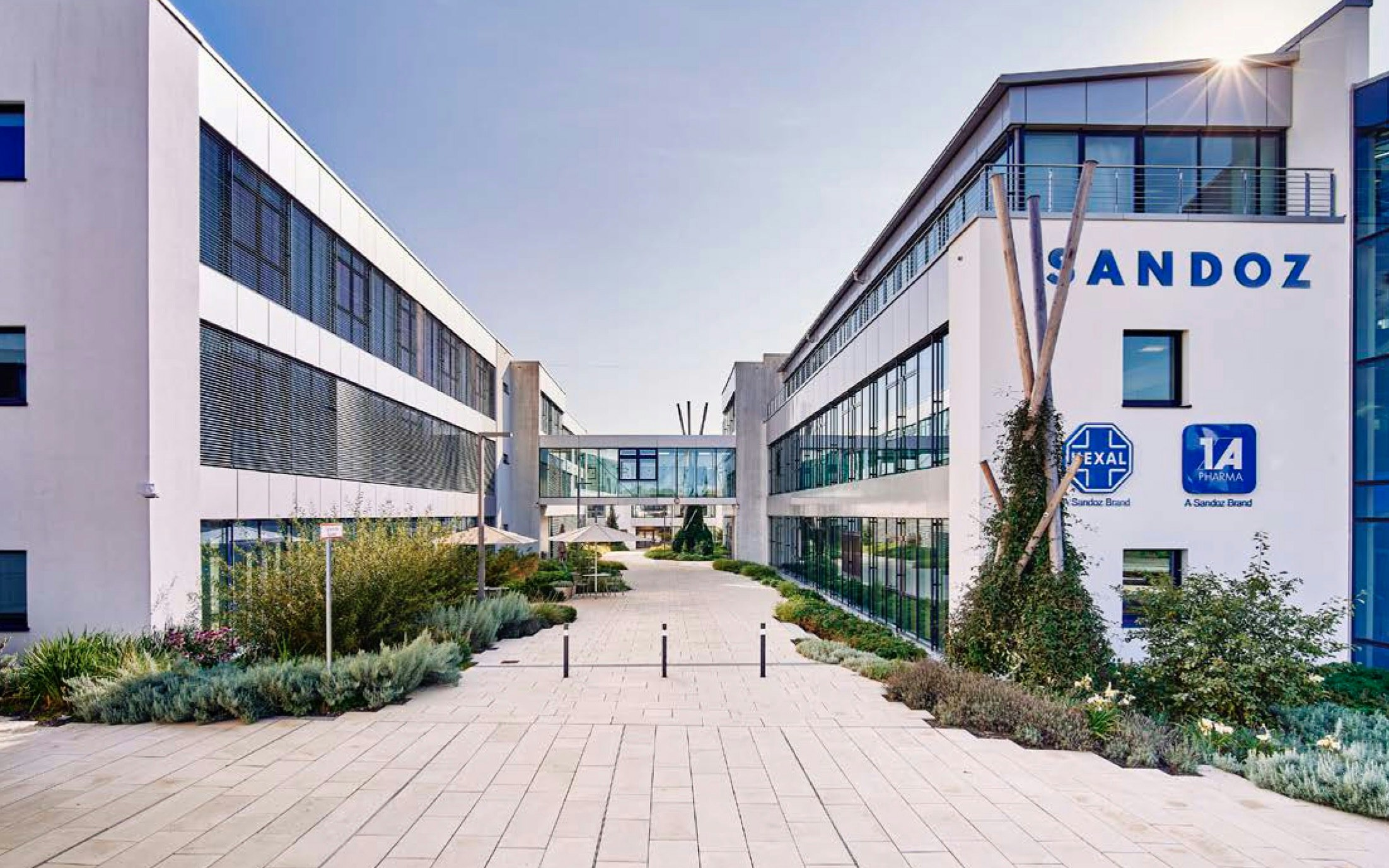The worldwide initiative to create a "Human Cell Atlas" has made significant progress in understanding diseases such as chronic intestinal diseases and arthritis. The ambitious project offers a new perspective on the role of human cells in health and disease.
Since the start of the project in 2017, thousands of scientists in over 100 countries have analyzed more than 100 million cells from over 10,000 people. On Wednesday, researchers published over 40 scientific articles in Nature and related journals, summarizing initial findings. These include insights into the effects of Covid-19 on the lungs and the influence of genetic variations on disease susceptibility.
The atlas acts like a kind of 'Google Maps' for cell biology," explained Sarah Teichmann, co-founder and co-chair of the project.
Particularly noteworthy is the identification of a cell type in the intestine that is associated with inflammation. This finding could be groundbreaking in the treatment of painful conditions such as ulcerative colitis and Crohn's disease.
Another research finding includes a map of human skeletal development that provides insights into the causes of arthritis. Additionally, scientists studied how genes control the supply to embryos in the womb through the placenta.
Jeremy Farrar, science director of the World Health Organization, described the studies as "groundbreaking" and praised the advances in mapping human cells. "We have come a big step closer to the complete mapping of all cell types and their changes throughout our lives.
The project places particular emphasis on the global diversity of the collected data to avoid biases caused by an overrepresentation of people from wealthy countries. Initiatives like an Asian Immunity Diversity Atlas and Covid-19 analyses from Malawi underscore this approach.
Eric Topol, director of the Scripps Research Translational Institute in California, praised the work as a "milestone in a monumental scientific endeavor." Nevertheless, much work remains to be done to understand the full diversity of the estimated 37 trillion human cells.
The progress of the project is in the context of other scientific breakthroughs. This year, Google DeepMind has introduced a new version of its AlphaFold model, which can predict protein structures and their interactions even more precisely.





